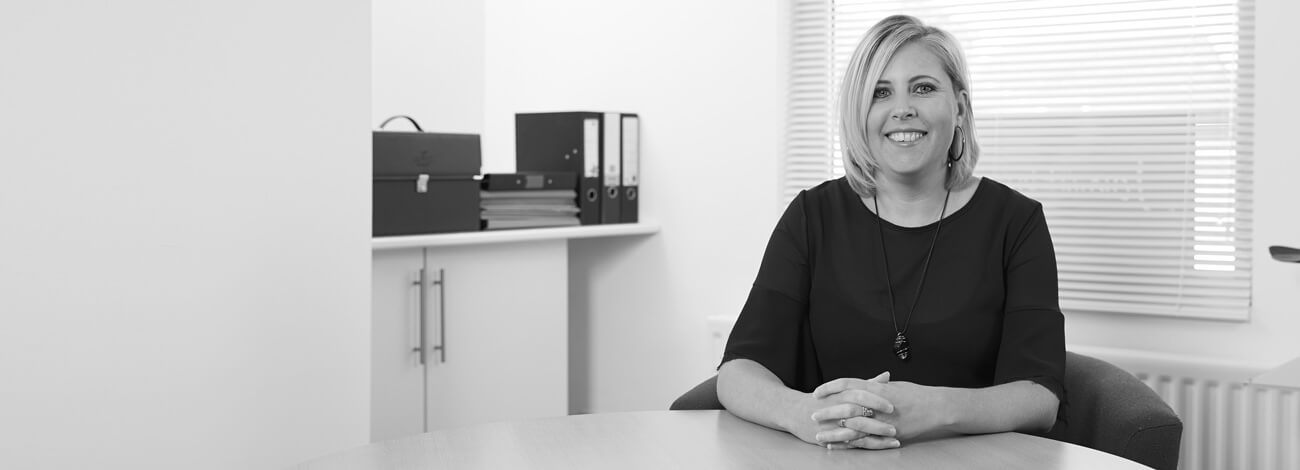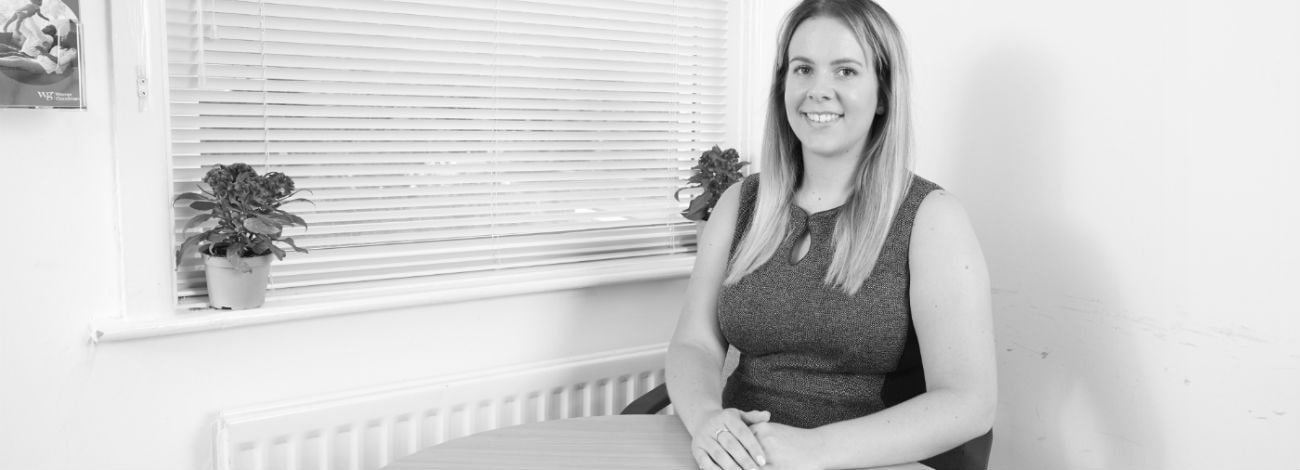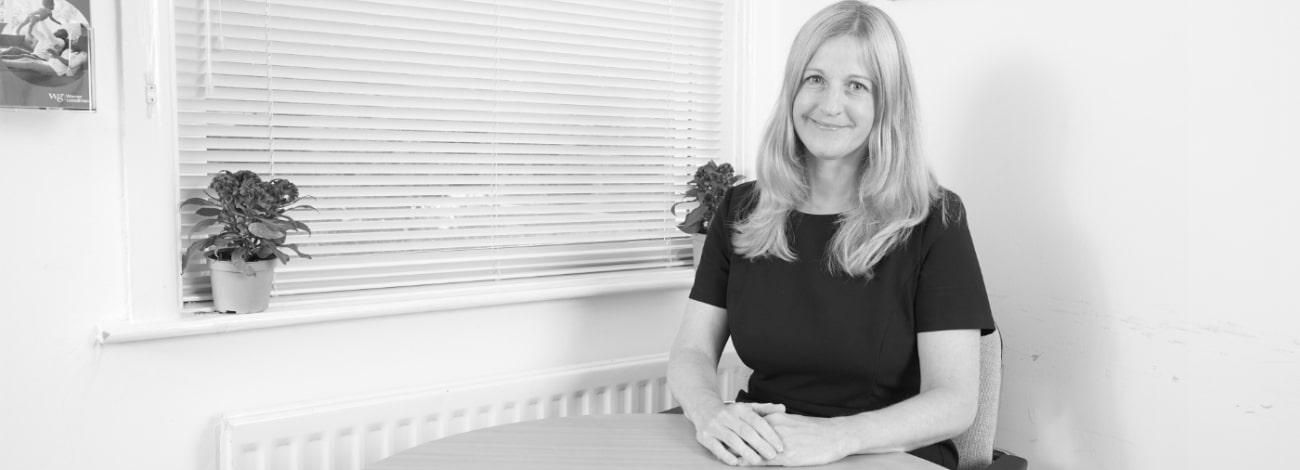If you would like to find out more about shared ownership, the first step is to speak to the housing team in your local council, or housing association, to see whether the scheme is available in your area and whether you’re eligible to apply. There are certain websites you can view to see the properties that are available in England, such as Share to Buy, or Homes for Londoners if you live in London.
The next step would be to find out if you can get a mortgage. Not all lenders will give you a mortgage for shared ownership but many of the major ones will do so. You will still have to apply for a mortgage to pay for your share, and will have to undergo strict affordability checks by the lender and you will also be expected to be able to provide a deposit.
As well as these costs, there are other financial commitments you will need to make and you must ensure you will be able to afford all the costs of home ownership; including mortgage fees, moving costs, stamp duty*, insurance, repairs, maintenance and, if it’s a flat in a block, your service charge. Remember for shared ownership, although you own only a share of the property you still have to pay all of the maintenance costs.
*As of 29th October 2018, stamp duty is no longer payable for first time buyers purchasing through shared ownership if their property is valued up to £500,000.
























